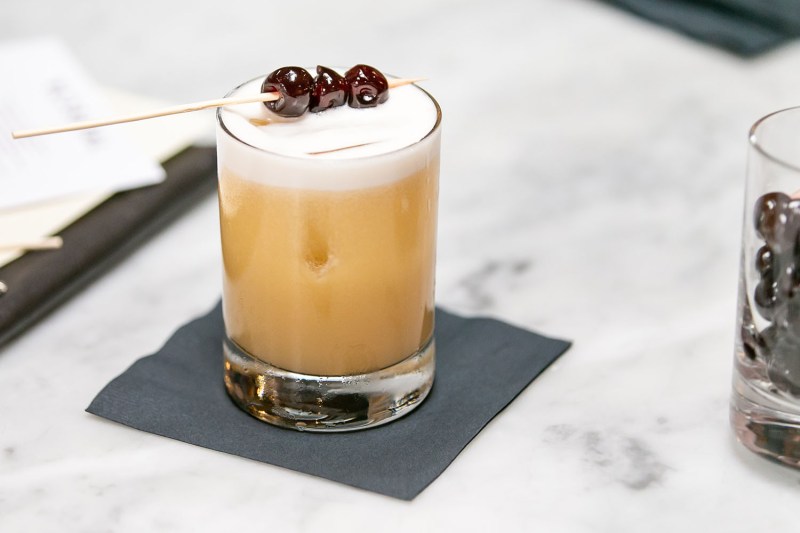
Every cocktail is more nuanced than just combining liquor with a sugary mix. This rings especially true for the whiskey sour, an elegant and sweet American cocktail classic. It contains a frothy egg white (though optional, it makes your whiskey sour creamier), a freshly squeezed citrus juice, and a dash of simple syrup.
However, selecting the right whiskey with the right dimension and balance transforms your whiskey sour from lackluster to delectable. Here’s our roundup of the best whiskies for whiskey sours this 2022, all carefully hand-picked by expert bartenders.
Related Guides
- The Best Cheap Whiskey Brands for Under $20
- The Best Rye Whiskies Under $50
- The Best Whiskies for Irish Coffee
Bourbon
Woodford Reserve Bourbon
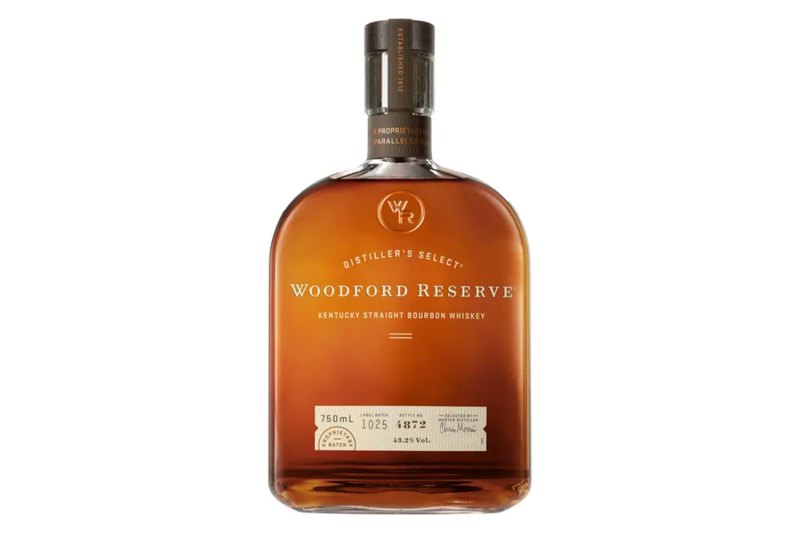
With its medium body and natural sweetness, bourbon whiskey seems like a natural fit for the sour treatment. Beverage director Gina Buck of Concord Hill in Brooklyn, New York, opts for the widely beloved Woodford Reserve version when making whiskey sours, telling us that “my favorite bourbon whiskey is Woodford Reserve. Woodford is smooth and rich, without too much of a punch that it would overpower the flavor profile when making a cocktail. Especially with whiskey sours, I prefer something mild and polished on the palate, as opposed to a whiskey that has a very strong essence and, in my opinion, doesn’t blend as fittingly.”
Russell’s Reserve 10 Year Bourbon Whiskey
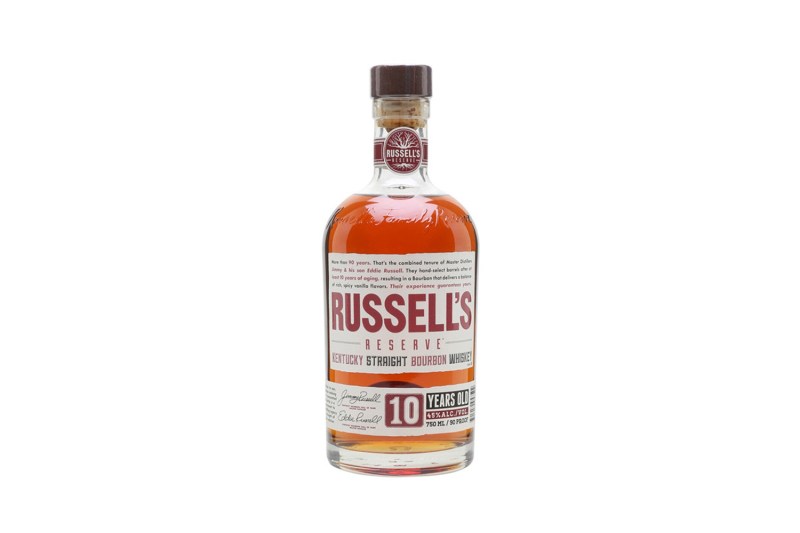
“When enjoying a whiskey sour, I usually prefer bourbon whiskey, specifically Russell’s Reserve 10 Year Bourbon. In my humble opinion, it has a lot of character for a bourbon and carries itself well in a cocktail such as a whiskey sour where you have sugar and lemon battling for your taste buds. If the bourbon [in a whiskey sour] is too ‘hot’ (aka high-proof) or the bourbon is too mellow, it can either overpower or become lost in the cocktail. Also, if I’m the one drinking it, [the sour] better be made with fresh lemon, demerara simple syrup, an egg white, and 6 drops of
Elijah Craig Small Batch Bourbon
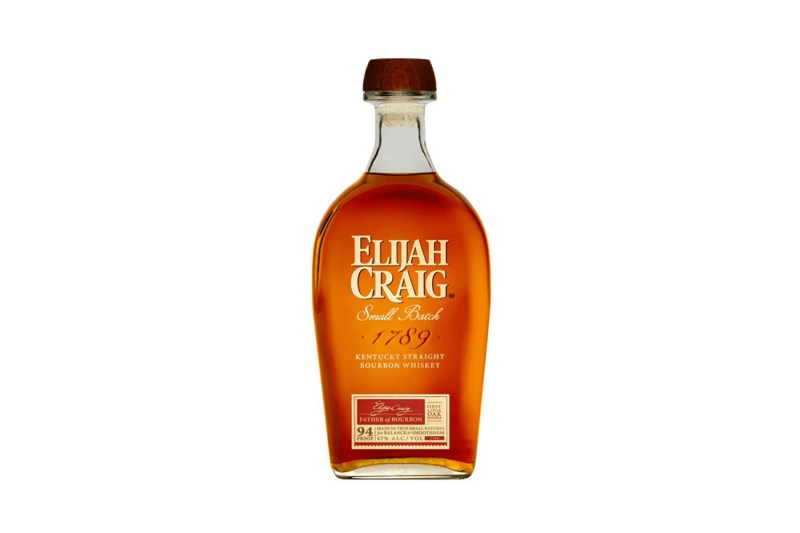
While high-proof bourbons can prove challenging to integrate into a cocktail like a whiskey sour, certain distilleries produce renditions with both an adaptable flavor profile and plenty of potency. Case in point: Elijah Craig Small Batch Bourbon, a 94-proof whiskey favored by managing partner Lucinda Sterling of Middle Branch in New York City, who insists that “when making whiskey sours, I always prefer using Elijah Craig. It has a high proof, but also a particularly sweet finish that helps the cocktail move away from the drier mouthfeel of the egg white.”
Treaty Oak Ghost Hill Bourbon
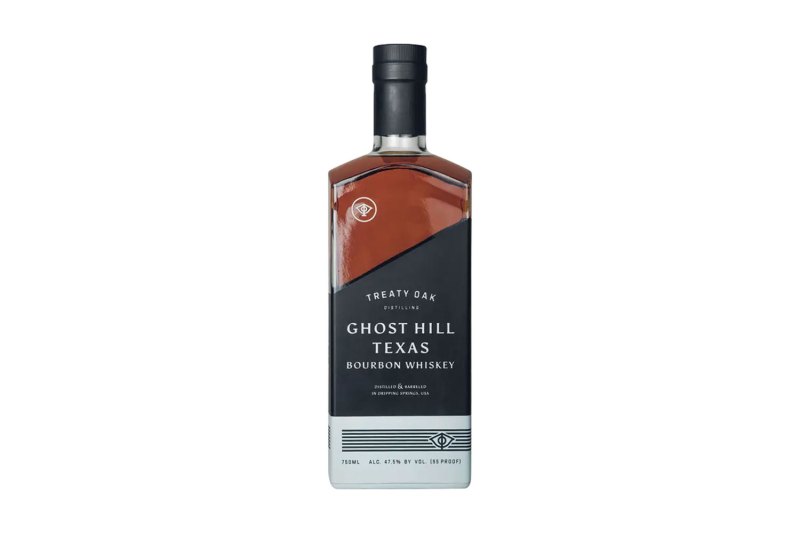
The “bourbon” moniker refers to any American whiskey with a mash bill of at least 51% corn and, contrary to popular belief, they don’t need to hail from the state of Kentucky, which is popularly considered the epicenter of bourbon production. When it comes to whiskey sours, beverage director Randy Hayden of The Roof At Ponce City Market in Atlanta selects a Texas-born bourbon, explaining that Treaty Oak Ghost Hill Bourbon “is predominantly [made from] Texas corn with loads of Texas wheat, creating a truly unique and delicious product. I love making whiskey sours with Treaty Oak Ghost Hill mostly because of its unique range of flavors. I like to add 2 dashes of
Eagle Rare Bourbon
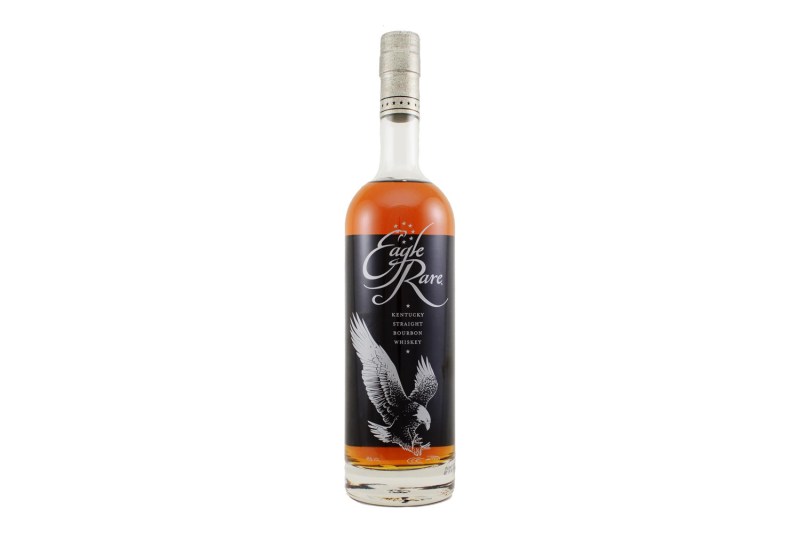
When it comes to bourbon, the Buffalo Trace Distillery is a favorite among the Kentucky Bourbon Trail. They make some of the world’s most coveted brands such as Blanton’s and Pappy Van Winkle. Eagle Rare, though not as rare in stores as Blanton’s, is still an amazingly smooth and well-crafted bourbon. Its notes of coffee, leather, and oak add to the overall balance of a whiskey sour. Shawn Stanton, one of Detroit’s most well-known bartenders in one of its most well-known watering holes, Honest John’s, has this to say about Eagle Rare: “It’s perfect for a whiskey sour. It has enough bite to cut through the sugar and lemon, but not enough to overpower the drink.”
Rye
Wild Turkey 101 Rye
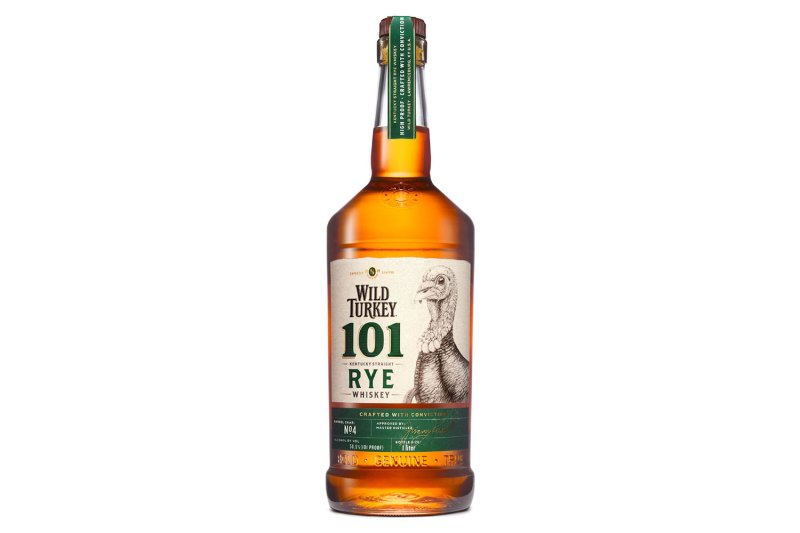
The peppery “bite” present in rye whiskey gives it a very different personality than the sweeter and smoother bourbon, and according to food and beverage director Sean Gleason of True Story Brands in Atlanta, that’s exactly what makes Wild Turkey 101 Rye an ideal spirit for a whiskey sour. “[Wild Turkey 101 Rye is] a robust and round whiskey with great spice notes that does a great job standing up to the citrus and sugar in a sour,” Gleason tells The Manual.
Old Forester Rye
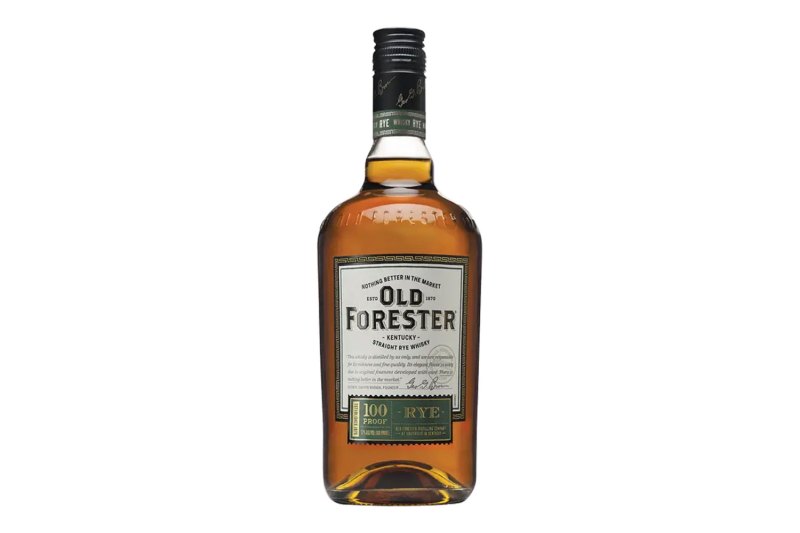
While the classic sour uses only citrus juice as its fruit element, creative mixologists sometimes see fit to incorporate other fruit flavors, and co-founder Nicole Stipp of Trouble Bar in Louisville, Kentucky, counts herself among that number. For a fruit-based sour cocktail, Stipp reaches for Old Forester Rye, claiming that “apricot & toasty notes make [Old Forester Rye] perfect for a lemon-apricot sour. The 100 proof holds up in a sour with more fruit, like a blueberry or raspberry sour.”
Rittenhouse Rye Bottled In Bond
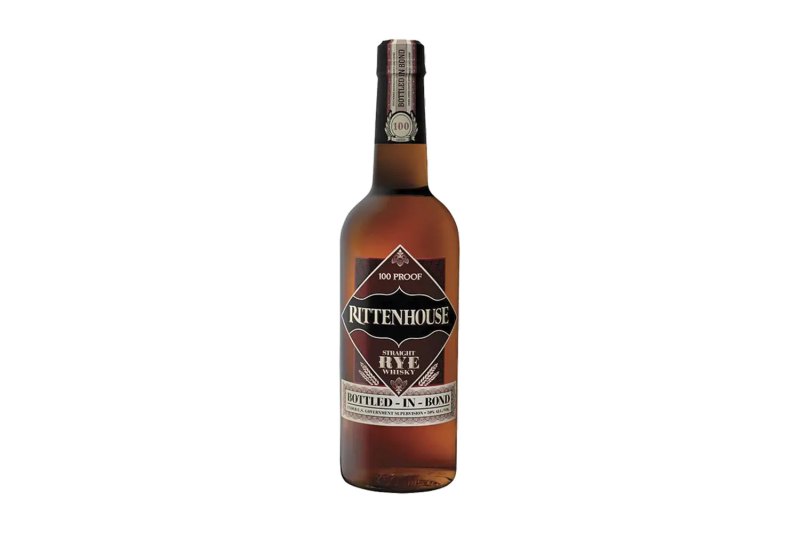
A Bottled in Bond (or BiB) whiskey must adhere to very specific rules; for instance, the whiskey must be distilled in a single location for one distilling season. These regulations result in a spirit with both complexity and consistency, and that’s why head bartender Sarah Rosner of Bourbon Steak in Washington, D.C., likes to use Rittenhouse Rye’s Bottled In Bond version for whiskey sours. “This spirit is bold and spicy in flavor. But it is also big enough at 100 proof to shine through the raw egg white,” says Rosner of this particular bottle.
Blended Whiskeys
Harlem Standard American Whiskey
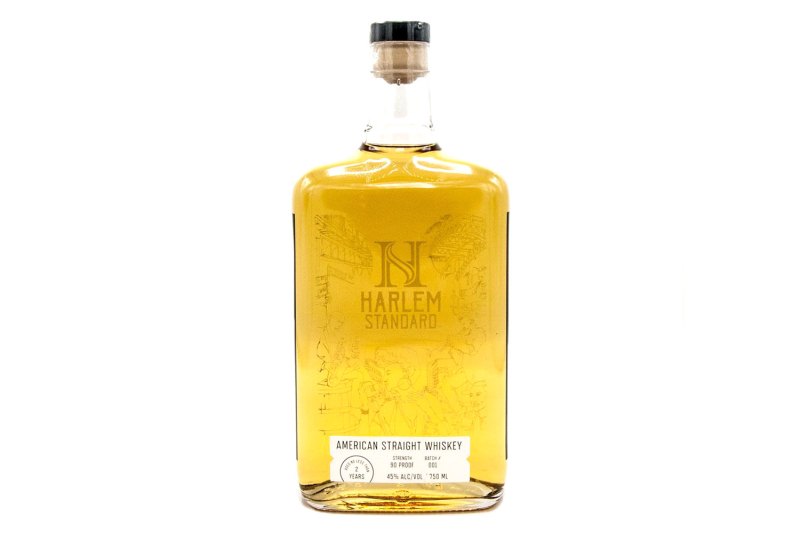
“Though it seems like a distant time ago, while waiting to be sat for dinner, my cocktail of choice is almost always a sour. In a whiskey sour, the dram is just as important as the egg [white]. In addition to the beauty of this cocktail, the whiskey sets the tone for this experience from the moment it touches the lips to the lingering finishes it leaves on the palate, which delightfully encourage another sip,” bartender Kiki Clarkson of Her Name Was Carmen in NYC tells The Manual. As for her chosen spirit for a whiskey sour, Clarkson insists that “Harlem Standard American Whiskey is my absolute favorite and a hidden gem among whiskeys. It’s perfect for a whiskey sour because Harlem Standard’s delicate maple and vanilla notes add depth to the cocktail without overpowering it. Also, the vibrant lemon juice in the cocktail is heightened by the Harlem Standard’s citrus undertones. The finish reminds me of a refreshing, perfectly chilled lemon meringue pie.”
Uncle Nearest 1856 Premium Aged Whiskey
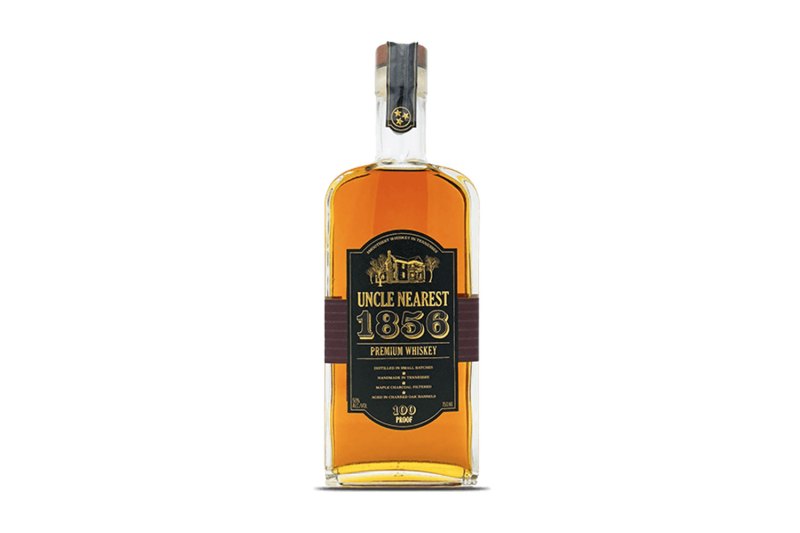
The richness of an aged whiskey provides a valuable counterpoint to the brightness of citrus juice, and bar manager Cody Brown of Industry Tavern in Atlanta especially enjoys the flavor of Uncle Nearest 1856 Premium Aged Whiskey in the context of a sour: “Uncle Nearest 1856 is a blend of aged whiskeys clocking in at 100 proof that melds perfectly with the lemon and sugar in a whiskey sour. The residual sweetness allows me to use a bit less sugar than I normally would, while the proof of the spirit adds backbone and authority rather than getting lost amongst the ingredients.”
Single-Malt Whiskey
The Brenne Single Malt
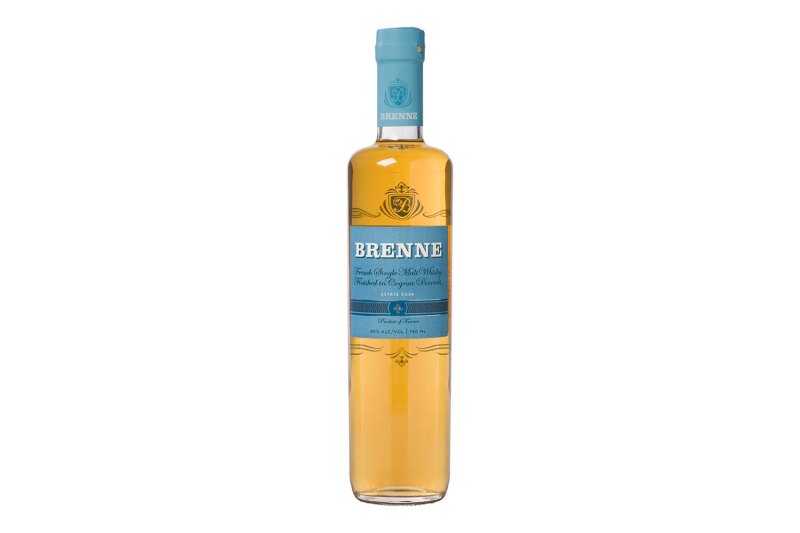
Some brown-spirit aficionados frown upon the idea of using a single-malt whiskey (or whisky, if you’re a Scotch drinker) in cocktails, believing that the full flavor range of the malted barley should be appreciated as a solo sipper rather than as an ingredient in a mixed drink. However, general manager Brooke Baker of Underdog in NYC favors a single malt from France in her whiskey sours, explaining that “my personal favorite [spirit for whiskey sours] is Brenne French single malt. The Brenne has such a delicate, fruity, almost dessert-like complexity to it that lends itself [so much] to this specific cocktail variation that I drink it regularly (again, it’s my personal favorite!).”



